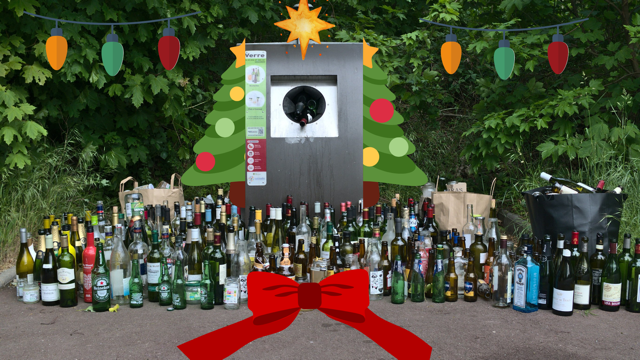
Drink Ahead?

16 Nov 21 |
It is less than six weeks to Christmas and already the marketing is in place to encourage indulgence and make up for the Covid winter of 2020. Celebration and sparkle for us all in the form of fizzy wines and beers as we prepare for the reduced prices from 2023 that the chancellor thinks will be good for the economy and good for the nation. Drinkaware research reveals that almost two-thirds (61%) of UK drinkers over-indulge with alcohol over the festive season more than they usually do, and one in five (18%) say they typically suffer more hangovers during this period. This research also found that drinkers who work are more likely to feel pressured to drink at their festive work party (33%) than other times of year and more than a quarter (29%) feel extra pressure to drink over the festive period with their work colleagues.
Well, dry January is round the corner so a let-out clause for December indulgence and a chance to reset drinking habits for the year ahead might satisfy concerns about possible ill effects. In 2021, Alcohol reported that 6.5 million people planned to do Dry January in 2021, up from 3.9 million in 2020. Does that mean that more people felt they needed to do this or that they simply felt motivated to do something different? Research suggests that those who participate drink less in the following months (DryJanuary) but does it really reset habits?
After 6 years of Dry January, I found it hard to face the idea of a covid New Year in 2021 with no booze- probably a marker for the concept of “not normal” lingering around my everyday world. There had been no parties or socialising so alcohol intake was moderate but the reality was that my usual sense of control had escaped and many of those healthy habits had slipped and slippage has continued throughout the year. Suddenly in October (post holiday), I actively sought the challenge of an alcohol-free month. Surprisingly it wasn’t a challenge instead my energy levels have returned to full volume; more books have been read and my Christmas creativity has been sparked once again. The challenge is really how the balance is reset moving forward into the festive season. New alcohol-free drinks have emerged since Jan 2019 and they taste good, family and friends seem to drink less too, there seems to be changes afoot … for better days and of course cancer risk reduction.
November 15th to 22nd is Alcohol Awareness Week (More details). Help share your experiences of alcohol free days with others – good news travels!
Annie S Anderson